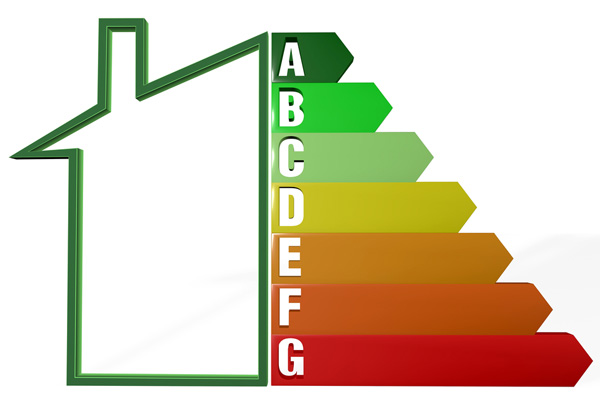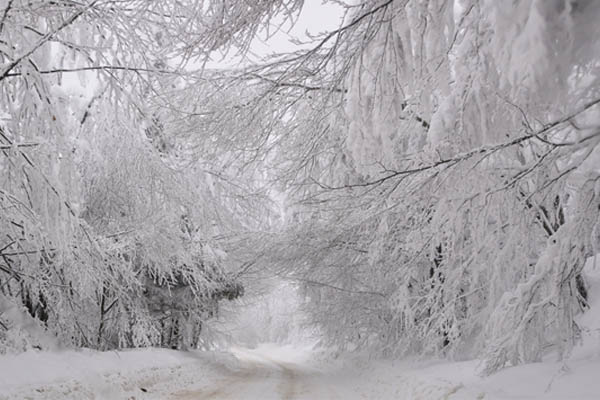Inevitably, even the best things have their lifespan. Your trusty old boiler, which has been a reliable companion for numerous years, is bound to reach the end of its effective service life. You’ll gradually notice a marked decrease in its performance, energy efficiency, and dependability. Repairs might not be the most feasible solution. The necessity for an oil boiler installation will eventually become apparent. This moment presents a valuable opportunity to select a system with enhanced features that aligns more closely with your evolving needs. Continue reading to discover critical considerations when choosing a new oil boiler.
7 Things To Look For In A New Oil Boiler For Your Home
Replacing an oil boiler is a substantial decision that requires careful consideration. Allocate ample time to explore various options thoroughly. Understanding the specific needs of your home is crucial. If the intricacies seem overwhelming, seek guidance from an HVAC expert. These specialists can provide valuable information and advice, answering any questions you may have. Their expertise will assist you in making informed decisions throughout this process. Here are some essential factors to keep in mind while navigating through your oil boiler replacement:
1. Oil Boiler Type
Homeowners have the option of choosing between steam boilers and hot water boilers. Both types operate on similar principles, yet they exhibit distinct differences. Steam boilers are known for their higher heating temperatures and generally require fewer accessories. On the other hand, hot water boilers are designed with safety and efficiency in mind. The robust power of steam boilers makes them ideal for industrial settings and larger homes, whereas hot water boilers are typically sufficient for small to medium-sized residences. These systems can be powered either by heating oil or natural gas. In many households across Maryland and Pennsylvania, heating oil is often the preferred choice due to its cost-effectiveness and widespread availability.
2. Heating Oil Boiler Size
A common misconception is that larger boilers are invariably superior. However, this is not the case, as each home has its ideal boiler size. Opting for an oversized heating system can lead to short cycling. This occurs when the home quickly reaches the set temperature, prompting the boiler to shut off prematurely. Frequent cycling like this can lead to increased wear and tear, potentially causing early system failure. While many homeowners might default to choosing a boiler size identical to their previous one, it’s more prudent to have an HVAC specialist conduct precise calculations to determine the most suitable size for your specific needs.
3. Oil Boiler Efficiency

Homeowners should look beyond the initial cost when choosing an oil boiler, as heating systems significantly contribute to household energy use. Hence, taking all possible steps to minimize operational expenses is crucial. Opting for a high-efficiency boiler can substantially reduce long-term fuel costs. These models might have a higher upfront price but yield greater savings over time. Efficiency is measured by the Annual Fuel Utilization Efficiency (AFUE) rating, with higher ratings indicating better fuel-to-energy conversion. Aim for a boiler with a high AFUE rating, ideally one that carries the Energy Star label for peak efficiency.
4. Oil-Fired Boiler Maintenance
Regular heating system maintenance ensures optimal performance and longevity. Different boiler types have their own specific maintenance requirements. Before making a decision, familiarize yourself with the maintenance needs of each option and assess if you can manage the responsibilities that come with it. Remember, not all maintenance tasks are suitable for DIY approaches; certain procedures necessitate the expertise of professional HVAC technicians. To maintain system efficiency and extend its lifespan, schedule annual professional maintenance checks.
5. Boiler Venting Needs
Boilers require proper ventilation for safe exhaust gas removal. The method chosen should complement your home’s structure. Chimney-vented boilers use vertical stacks for passive gas ejection, which is ideal for homes with existing chimneys. Low-density fumes rise naturally until they are expelled through the opening. On the other hand, power-vented boilers utilize fans for venting through side walls, suitable for homes without chimneys but needing ample room for air circulation. Direct-vented boilers are designed for more confined spaces, as they don’t rely on indoor air for ventilation.
6. Climate Considerations

The regional climate is significant in determining the demand placed on your heating system. The need for a boiler may be limited to the winter months in certain regions. However, consistent use throughout the year may be required in other areas. Homeowners should choose a boiler that can effectively handle the specific heating demands of their region.
7. Oil Boiler Brand
Each boiler manufacturer brings unique innovations, with some standing out for their superior products. Renowned brands often distinguish themselves through the durability and efficiency of their boilers. Additionally, they may offer more reliable customer service and warranty repairs. Homeowners are advised to research the leading brands in the market and seek recommendations from trusted friends with personal experience. Consulting HVAC contractors can be particularly beneficial for the most informed guidance, as they bring years of industry experience and knowledge about different brands.
Conclusion
Selecting the ideal boiler system is highly dependent on your specific circumstances. Simplify your search by enlisting the help of a trusted local HVAC contractor. If your existing heating setup utilizes heating oil, opting for another oil boiler can help reduce replacement costs. The efficiency rating, system capacity, venting needs, and brand name are vital factors to consider before your oil boiler installation.
Reach Out to Modern Comfort for Expert HVAC Services
Modern Comfort stands out for offering top-tier heating and cooling solutions in Central Maryland, and Southern and Central Pennsylvania. Our team comprises highly skilled, professionally certified technicians adept at delivering exceptional HVAC maintenance, repairs, installations, and replacements. Each technician is equipped with the expertise and experience necessary to impeccably service your HVAC system.
At Modern Comfort, we pride ourselves on providing the most affordable heating and cooling services in the region. Our maintenance services are designed to enhance your comfort, boost energy efficiency, and lower your heating and cooling expenses. Should you require HVAC repair or are considering a system replacement, we are ready to recommend the optimal solution tailored to your needs and budget. We are committed to your satisfaction and back our services with a solid guarantee. To arrange a service appointment and receive a free, in-home estimate, don’t hesitate to contact Modern Comfort today.
You can click here to contact us now or call us at (410) 429-7252 (MD residents) and (717) 489-3939 (PA residents) to find out more! Click the link to view our service area.


Recent Articles
